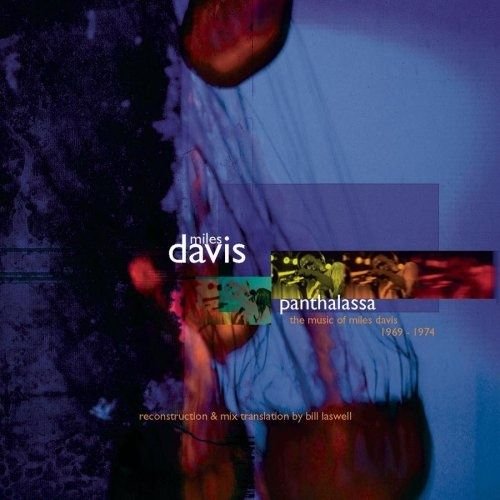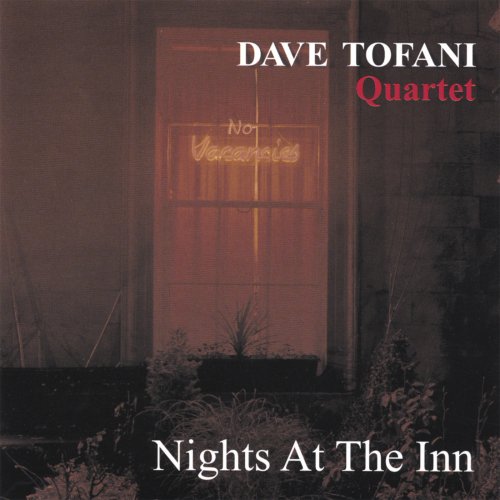Miles Davis - Panthalassa: The Music Of Miles Davis (1998)

Artist: Miles Davis
Title: Panthalassa: The Music Of Miles Davis
Year Of Release: 1998
Label: Columbia
Genre: Fusion, Acid Jazz, Downtempo
Quality: FLAC (tracks+.cue, log)
Total Time: 59:40
Total Size: 333 MB
WebSite: Album Preview
Tracklist:Title: Panthalassa: The Music Of Miles Davis
Year Of Release: 1998
Label: Columbia
Genre: Fusion, Acid Jazz, Downtempo
Quality: FLAC (tracks+.cue, log)
Total Time: 59:40
Total Size: 333 MB
WebSite: Album Preview
01. In A Silent Way - Shhh/Peaceful - It's About That Time (15:20)
02. Black Satin - What If - Agharta Prelude Dub (16:06)
03. Rated X - Billy Preston (14:34)
04. He Loved Him Madly (13:40)
Is it a form of creative blasphemy to alter not only the sequence but the sound of masterworks past? In music, though, the ends quite often justify the means, and grandmaster-mixer Bill Laswell did an undeniably haunting job of reconstructing swatches of Miles Davis' amazing electric music for acid jazz-mutated ears in 1998. Of course, Laswell could claim some license to do so, for the original tracks themselves were subjected to creative editing by Teo Macero. Divided roughly into four sections, Panthalassa is a dark, continuous, hour-long, chronological tone poem of remixed electric Davis, from a 15-minute capsule of In a Silent Way through 16 minutes from the On the Corner sessions and finally nearly half an hour of selections from Get Up With It. Offered access to the original multi-track tapes, Laswell sometimes deletes the rhythm sections, brings up hidden instruments, adds Indian and electronic drones from elsewhere on the tapes, constructs moody transitions, and most tantalizingly, unearths passages from the sessions that were being released for the first time. Indeed, the On the Corner section yields two new titles to the Davis discography, the highly colored rock/funk "What If" and a sinister march-like "Agharta Prelude Dub." In the end, despite the altered sonic landscape, Laswell accurately evokes in turns the lonely, exquisitely gleaming, nightmarish, despairing moods that Davis was exploring prior to his 1975 retirement, a still much-misunderstood period whose music is far too disturbing and probing to deserve the sellout label.



![Noga - Heroes in The Seaweed (2025) [Hi-Res] Noga - Heroes in The Seaweed (2025) [Hi-Res]](https://www.dibpic.com/uploads/posts/2026-02/1771663366_nhs500.jpg)




